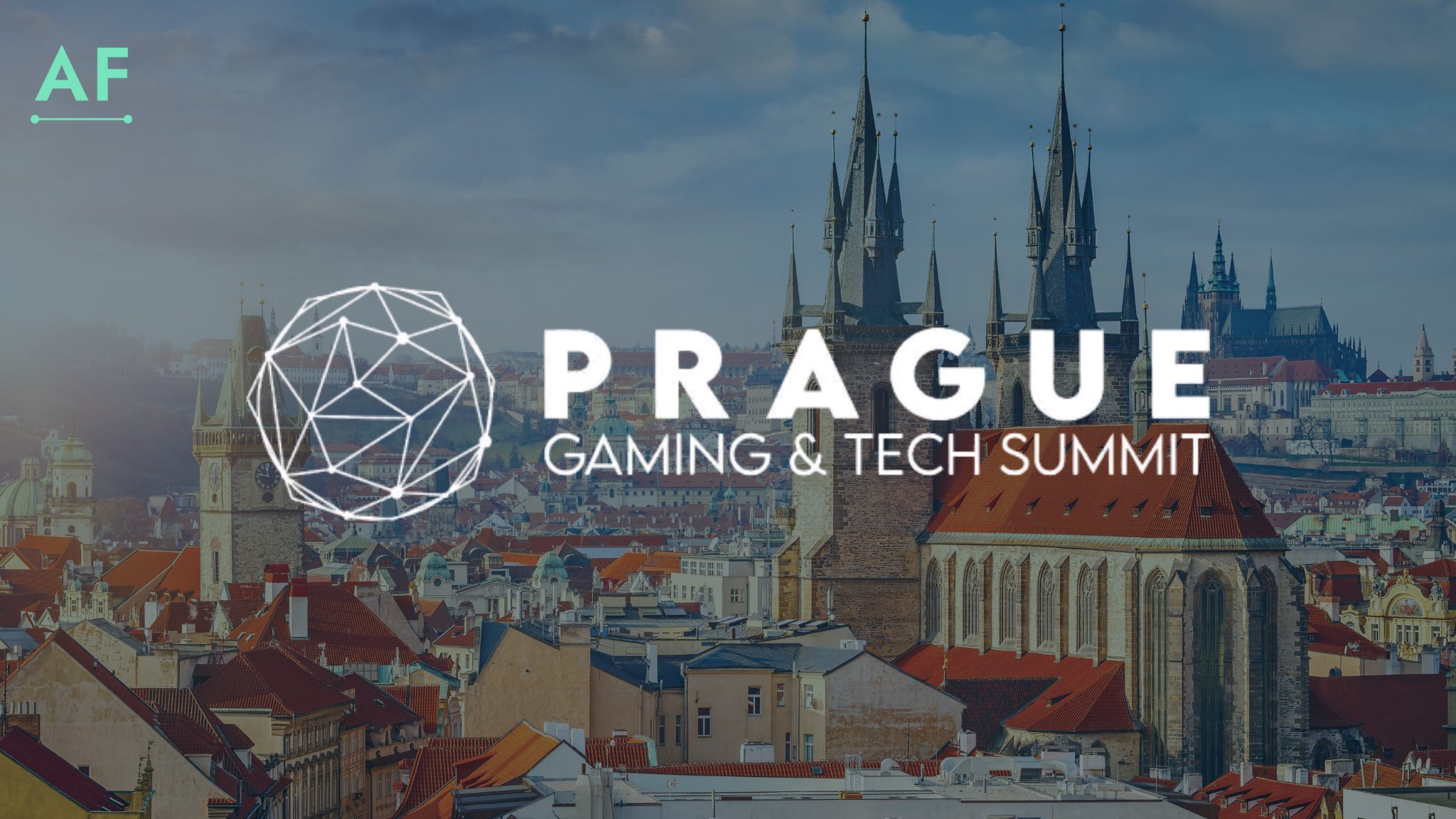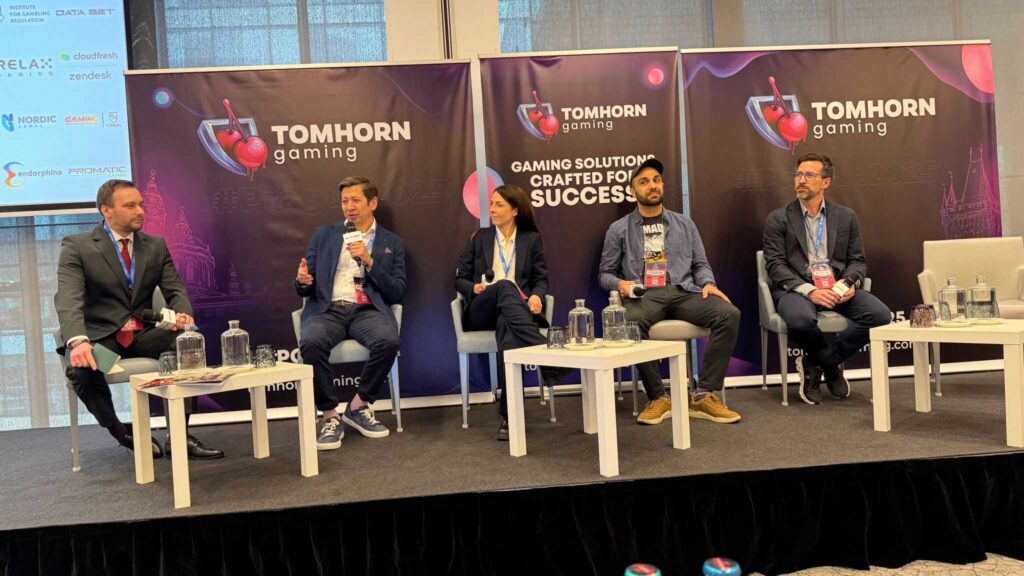The Prague Gaming & Tech conference, organized by HIPTHER, provided a rare opportunity to dive deep into how AI is reshaping our industry. Having moderated that panel, I was positively struck by the number and breadth of insights shared. Let me briefly summarise the key takeaways.

The journey of AI: historical context
One of the most compelling reflections was on the journey of AI itself. Despite its roots stretching back to the 1950s, the field has experienced a dramatic renaissance. It’s not that neural networks, genetic algorithms, or early machine learning weren’t around before – what’s changed is our access to computing resources. We’ve moved from relying on massive, exclusive enterprise servers to leveraging the virtually limitless scale of cloud computing. This shift, combined with a rapid acceleration in digital transformation triggered by the COVID-19 pandemic, has set the stage for breakthroughs like large language models. Suddenly, advanced AI capabilities are available to anyone, transforming how businesses process data and derive actionable insights.
Harnessing AI for business growth
Within the gaming industry, the impact of AI is set to become both profound and practical. For operators, ie. those at the front lines with the most comprehensive data, AI is a game changer. When you collect and centralize data from every player interaction, you unlock the ability to tailor experiences in ways that were once unimaginable. This isn’t just about sending a few personalized messages; it’s about reimagining every step of the player journey. From acquisition to retention, AI is enabling businesses to pinpoint gaps and craft strategies that truly resonate with players.
Now, imagine combining your company’s data with a ChatGPT-like model to get instant strategic advice. While still in its infancy, this integration promises to revolutionize decision-making processes, ensuring that fastest possible access to reliable information, and to remain agile and responsive to market shifts and new trends.
Who gets to benefit the most?
While platform providers might see reduced costs in production and maintenance, it’s the operators, with their rich scope of data generated, who are positioned to extract the most value. For example, online casinos, with their dynamic and diverse interactions, are likely to see significant advantages, whereas lotteries might see less impact due to their more uniform customer experiences. This nuanced view really underscored how AI can be a powerful tool for those who know how to harness it effectively.
What about the regulations?
Of course, no conversation about AI would be complete without addressing the regulatory and ethical dimensions. In regulated markets, there’s a constant tension between respecting user privacy and pushing the boundaries of innovation. As one of our panelists pointed out, striking this balance is crucial. The regulators, much like the innovators, need to ensure that progress doesn’t come at the cost of compromising personal privacy.

Revolution or evolution?
Another point that resonated was the debate about whether AI represents a revolutionary disruption or an evolutionary step in our business practices. There’s an undeniable sense of disruption – just like the paradigm shift we witnessed during the COVID-19 crisis – but there’s also continuity in the technological progress we’ve seen over the years. Companies are now being forced to rethink and reengineer their models to stay competitive, with a focus on efficiency, quality, and compliance.
How to tell between value and buzz?
It’s easy to get lost in the AI buzzwords that flood every discussion and marketing campaign. As mentioned, even the hairdryer today needs to be AI-powered in order to appeal to the customers. What stood out to me was the need to look beyond the slogans and focus on the tangible results. True value is delivered by those who can show real, hands-on examples of how AI is creating better products, enhancing customer experiences, and ultimately driving business growth.
What about the risks?
Yet, the conversation wasn’t entirely optimistic. There are genuine risks involved with AI adoption. For instance, AI models trained on vast amounts of corporate data might inadvertently learn and replicate sensitive information. Moreover, while rapid prototyping enabled by AI can speed up development, ensuring that these solutions meet production quality and compliance standards remains a significant challenge. The fear is that without careful oversight, we could see a surge in compliance risks and quality issues.
Will the biggest grow even faster thanks to AI?
While larger companies have the advantage of extensive data and resources, especially dedicated teams and budgets for R&D, smaller players can also benefit from the reduced barriers to entry. With standard products becoming easier and cheaper to develop, increased competition could force market leaders to continuously innovate, potentially even reshaping their workforce dynamics. Imagine a future where one engineer can accomplish what used to require a whole team – a scenario that could lead to both financial savings as well as huge transitions for established teams.
Reflecting on the panel discussion, it’s clear that AI is more than just a fleeting trend; it’s a transformative force that is redefining every aspect of our industry. Whether it’s through personalized player experiences, more efficient business operations, or innovative regulatory approaches, AI is setting the stage for a future where data-driven decision-making is at the heart of success. As we move forward, staying on top of the novelties, with their constant updates will be vital to unlocking AI’s full potential in iGaming.


0 Comments